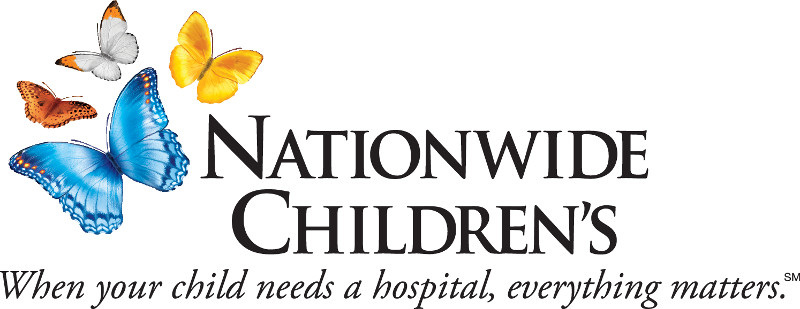Newswise — Researchers at the Columbus Children's Research Institute (CCRI) on the campus of Columbus Children's Hospital have learned that through a recently awarded grant from the Grand Challenges in Global Health Initiative—founded by the Gates Foundation in partnership with the National Institutes of Health—they will collaborate with researchers at Emory University to investigate immunological strategies for curing chronic hepatitis C virus infections, The work will address and important public health problem as an estimated 200 million people are infected with the hepatitis C virus globally and are at increased risk for liver failure and cancer. The funding commitment for the work totals $12.5 million over five years. Forty-three projects were selected for funding by the Gates Foundation, each tackling one of 14 major scientific challenges that, if solved, could lead to important advances in preventing, treating and curing diseases of the developing world. CCRI and colleagues plan to develop a new therapy for hepatitis C that is more effective and affordable than current treatment options. Using existing knowledge that viruses causing chronic infections are able to turn off the body's immune system and spread throughout the body, they will seek to develop a therapy that switches the immune system's natural defense against hepatitis C back on. If successful, this approach could be applied to the treatment of several other chronic viral infections.
"As one of 43 award recipients chosen from a pool of more than 1,500, we are thrilled to have the opportunity to contribute to the progress of global health," said Christopher Walker, Ph.D., director of the Center for Vaccines and Immunity at CCRI and professor of pediatrics at The Ohio State University College of Medicine and Public Health. "We're confident that through this collaboration, we have the expertise in place to be able to answer the challenge of 'creating immunological methods that can cure latent infections.'" Initial research will be conducted by the project's principal investigator Rafi Ahmed, Ph.D., professor of microbiology and immunology at Emory University School of Medicine and director of the Emory Vaccine Center. The most promising candidates will be sent to CCRI for further testing. Walker said work on the project will begin in September 2005.
About Columbus Children's Hospital Columbus Children's ranks among the top 10 in National Institutes of Health research awards and grants to freestanding children's hospitals in the country and houses the Department of Pediatrics of The Ohio State University College of Medicine and Public Health. With nearly 600,000 patient visits each year, Children's Hospital is a 112-year-old pediatric healthcare network treating newborns through age 21. In 2004, the Columbus Children's Research Institute conducted more than 300 research projects and is the home of Centers of Emphasis encompassing gene therapy; molecular and human genetics; vaccines and immunity; childhood cancer; cell and vascular biology; developmental pharmacology and toxicology; injury research and policy; microbial pathogenesis; cardiovascular medicine; and biobehavioral health. Pediatric Clinical Trials International (PCTI), a site management organization affiliated with the hospital, also coordinated more than 50 clinical trials. In addition to having one of the largest ambulatory programs in the country, Children's offers specialty programs and services. More than 75,000 consumers receive health and wellness education each year and affiliation agreements with nearly 100 institutions allow more than 1,700 students and 500 residents to receive training at Children's annually. More information on Children's Hospital of Columbus is available by calling (614) 722-KIDS (5437) or through the hospital's Web site at http://www.columbuschildrens.com.
About Grand Challenges in Global HealthThe Grand Challenges initiative was launched by the Gates Foundation in 2003, in partnership with the National Institutes of Health, with a $200 million grant to the Foundation for the National Institutes for Health (FNIH) to help apply innovation in science and technology to the greatest health problems of the developing world. Of the billions spent each year on research into life-saving medicines, only a small fraction is focused on discovering and developing new tools to fight the diseases that cause millions of deaths each year in developing countries.
About the Bill & Melinda Gates FoundationThe Bill & Melinda Gates Foundation works to promote greater equity in four areas: global health, education, public libraries, and support for at-risk families in Washington state and Oregon in the U.S. The Seattle-based foundation joins local, national, and international partners to ensure that advances in these areas reach those who need them most. The foundation is led by Bill Gates' father, William H. Gates Sr., and Patty Stonesifer, and has an endowment of approximately $28 billion.
